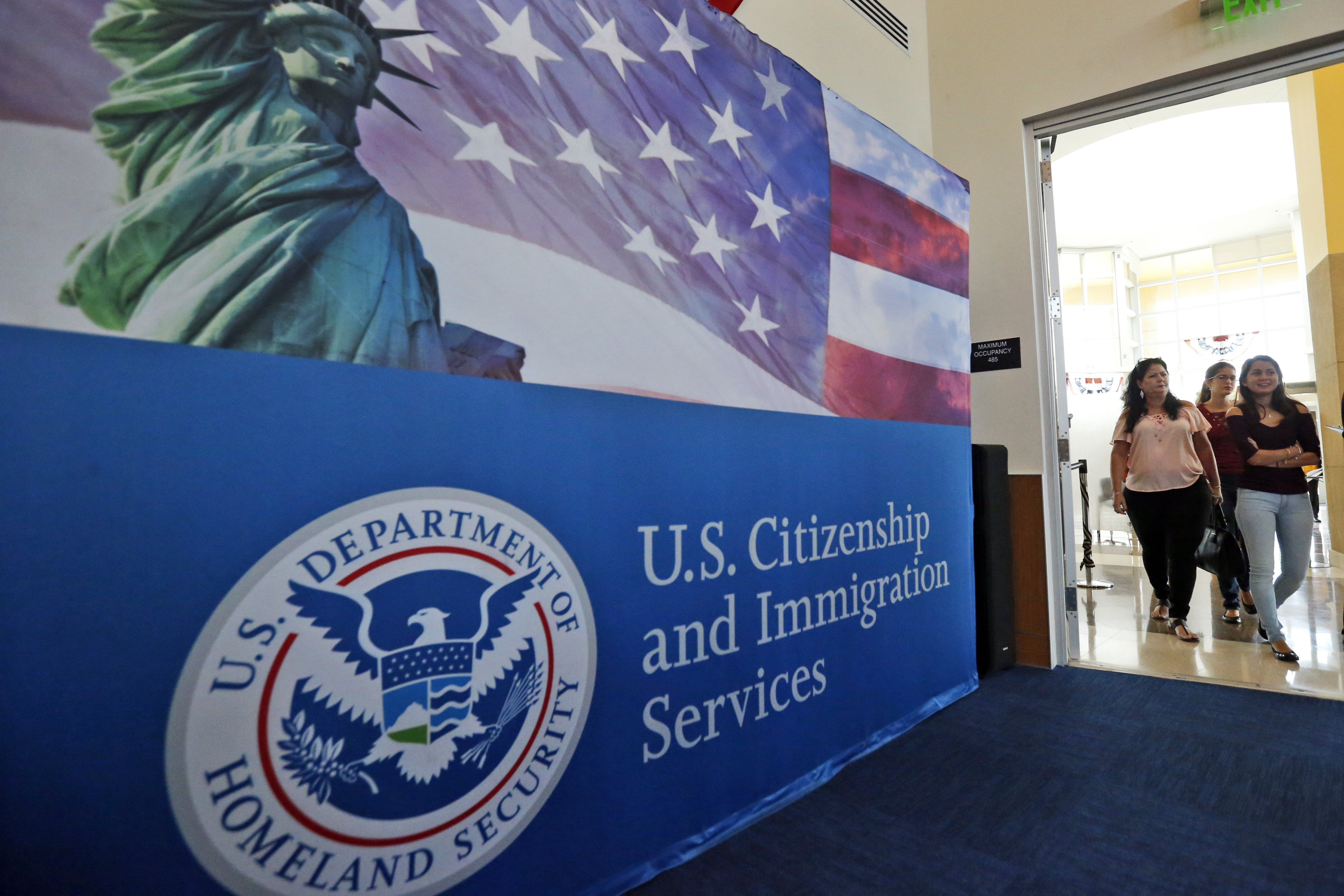Headlines this week beg the question: How do we define terrorism? And why isn't anyone calling the Kansas City shooting suspect a terrorist? (Via KSHB)
"The avowed anti-Semite." (Via CNN)
"Lone-wolf extremist." (Via MSNBC)
"Federal authorities classifying this as a hate crime." (Via Fox News)
Frazier Glenn Cross is a former KKK leader with political ambitions accused of killing three people outside Jewish centers. The shooting seems to fit the Justice Department's definition of terrorism: premeditated, political, aimed at civilians and not carried out by another nation. And yet, this has been classified as a hate crime.
Looking at mainstream press, even including the search term "terrorist" along with the suspect's name, you'd be hard-pressed to find the word used anywhere across the World Wide Web. (Via Google)
And it's difficult to see why Cross is not a terrorist in the eyes of we the media or the government when you start making comparisons.
Like the Kansas City shooting suspect, the Boston Marathon bombing suspects were also American residents, also killed three people and also had political motives. They did not have any ties to extremist groups, be it the KKK or Al-Qaeda, but they were labeled terrorists. (Via RT)
When a man named Joseph Stack flew a private plane into an IRS building, killing one person in 2010, the term for him was "suicide pilot" or even "tax protester." (Via Los Angeles Times, The Wall Street Journal)
When Nidal Hasan killed 13 soldiers at Fort Hood in 2009, the Army classified it as at workplace shooting, but a Senate report called it "the worst terrorist attack on U.S. soil since September 11." (Via ABC)
NYU's Remi Brulin is writing a book on this issue — America's use of the word "terrorism." He spoke to us by phone about the Kansas City suspect.
BRULIN: "The murders that took place Sunday were politically and ideologically motivated. They were obviously extremely violent acts. … It seems pretty obvious that if that person had been Muslim or an Arab-American, many more people would be calling that an act of terrorism." (Via CBS)
And the Southern Poverty Law Center agrees.
"This incident would be described as domestic terrorism if it had been Islamic extremism. … This was a political act just like an Al-Qaeda attack would be." (Via CNN)
And race and religion aside, there's likely another kind of bias at play: the media's penchant for sensationalism. (Via The Boston Globe)
The Boston bombing was, by far, the most heavily covered story of 2013 among the network newscasts. It was certainly a huge story worthy of coverage. But it also had narrative elements that lent themselves to TV news: a manhunt, a police shootout and an explosion captured on camera. (Via PBS, ABC, The Tyndall Report)
The many mass shootings that claim a similar casualty count — like in Kansas Sunday — just don't get the same attention and usually don't stoke fear of terrorist connections.
But why does it matter that the actual word "terrorism" is used? Well, to weigh the importance of the word terrorism, consider all the things the U.S. government does to fight terror that it doesn't do to fight hate crimes.
There is, of course, the War on Terror. Then there's drone warfare against those accused of terror, detainment in Guantanamo without trial justified by concerns over terror. (Via The Guardian, U.S. Department of Defense)
So for now there doesn't seem to be a clear answer for why officials and the media only refer to some mass killers as terrorists — even though the question isn't new.
It comes up after mass shootings, after targeted bombings, and today about the Kansas City suspect who, at least for now, is charged with murder and hate crimes. (Via Salon, The Guardian, KCTV)











